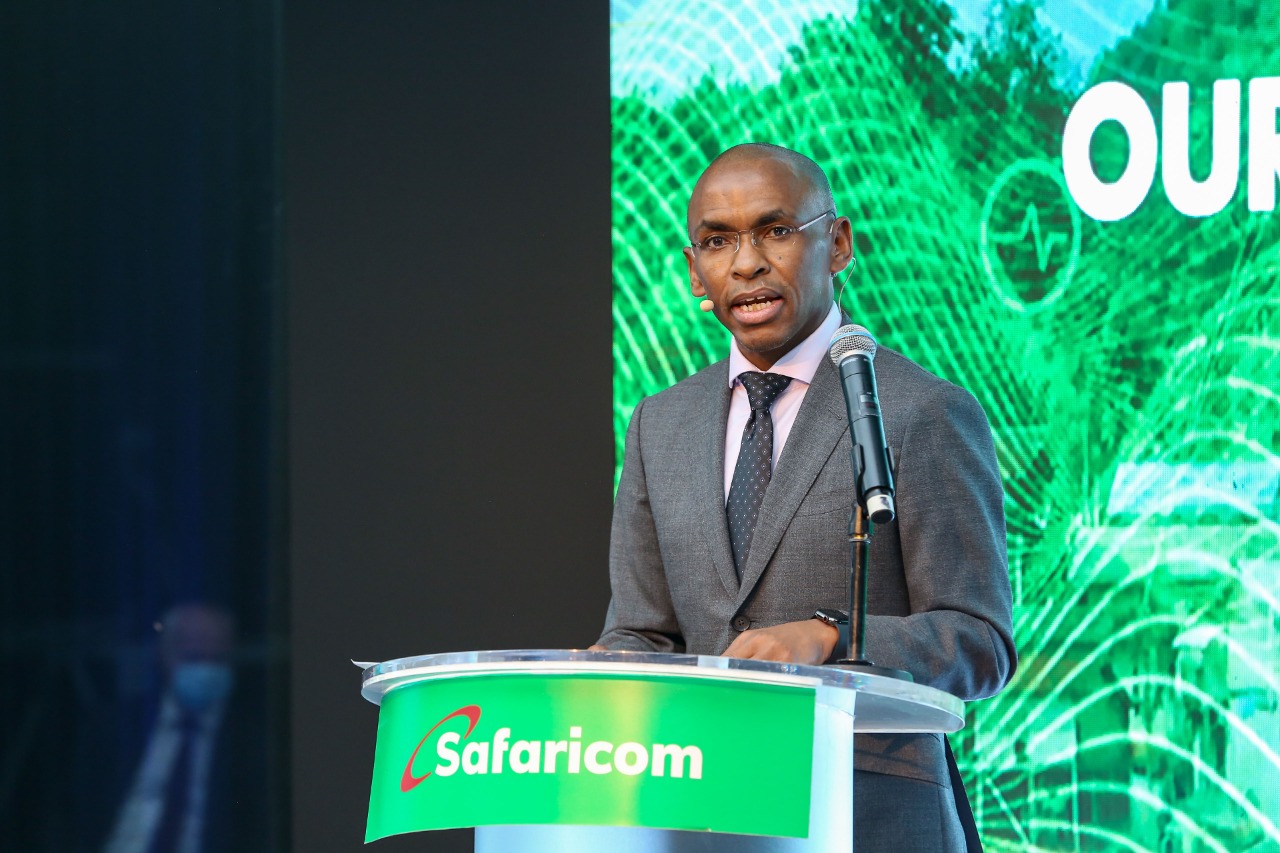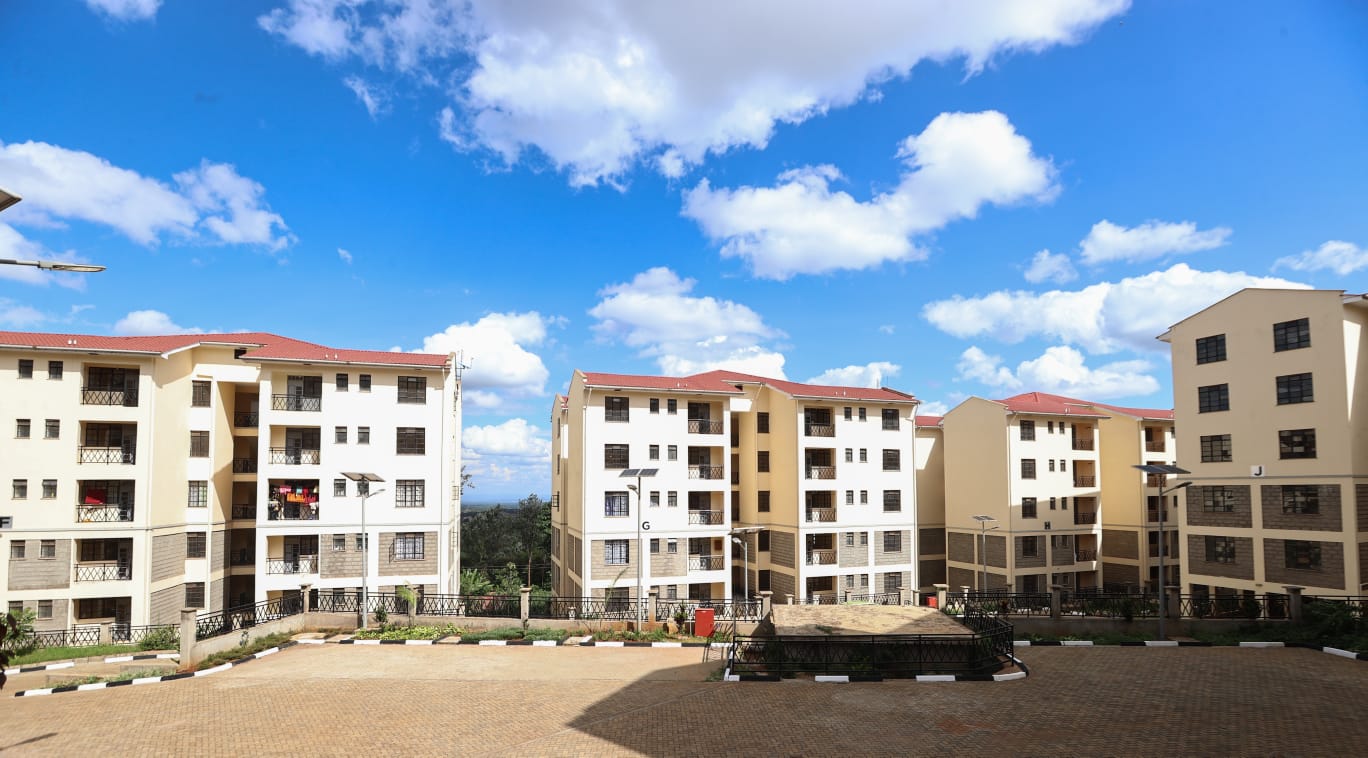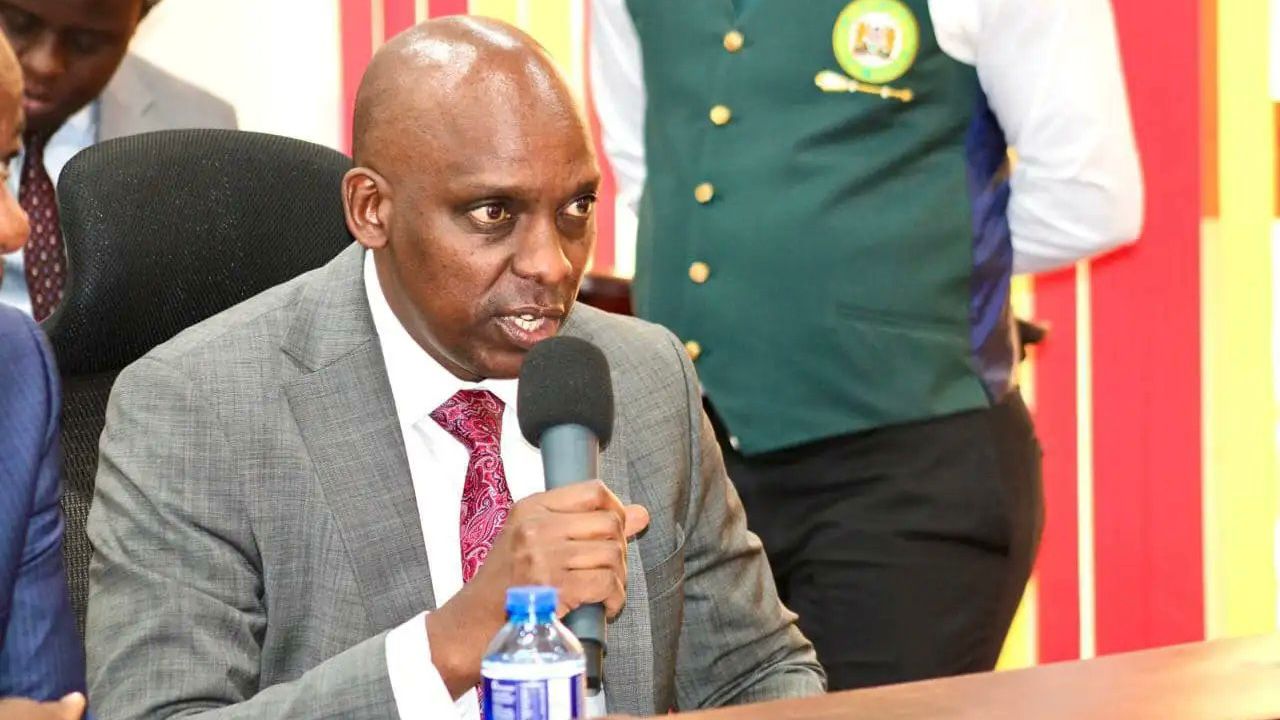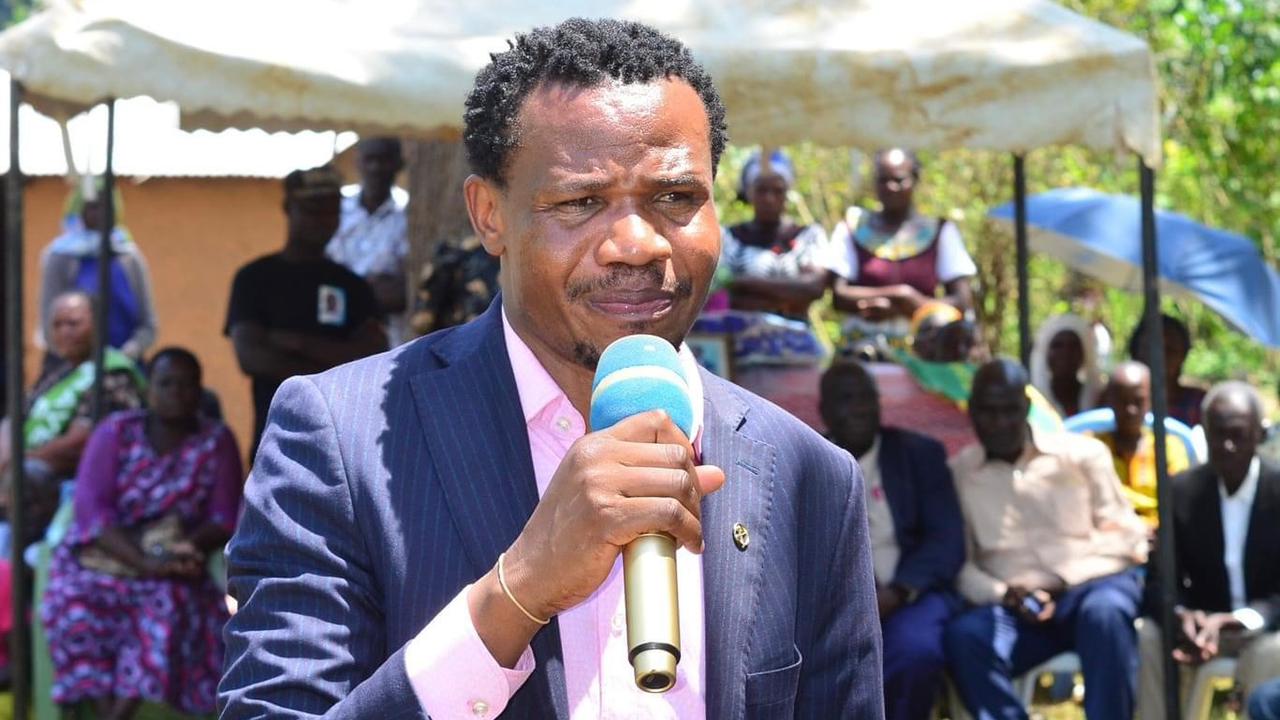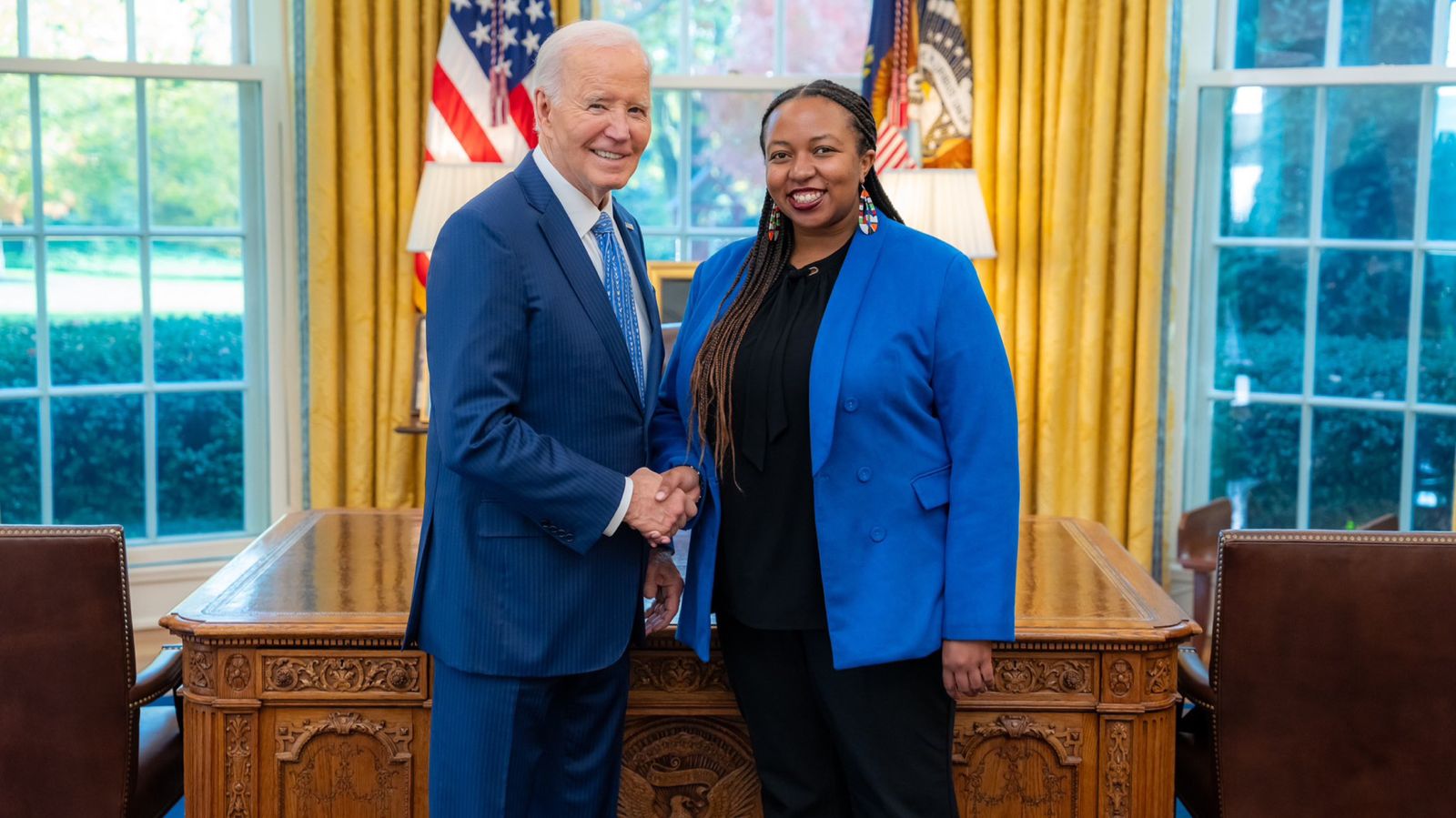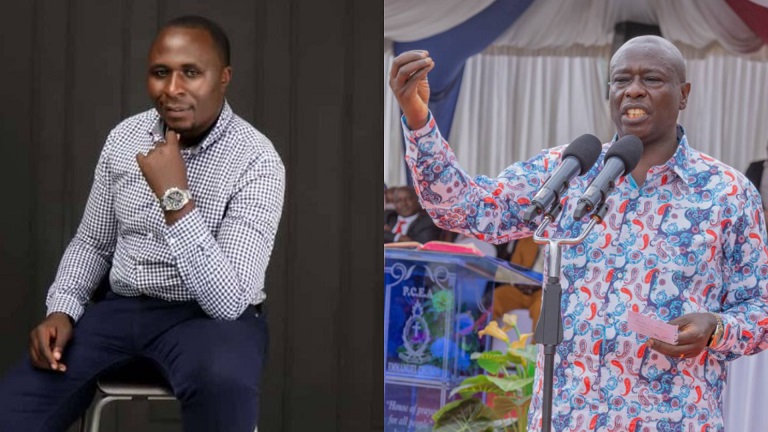Equity Group Holdings Plc shareholders on Friday during the seventeenth annual general meeting passed resolutions that will reinforce the governance structures of the Group, continue to diversify the Board composition, and also assure investors of dividend pay-out every year as long as the Company posts profits.
The Shareholders voted for the Amendment of Articles 1 and 79 of the Articles of Association of the Company thereby reinforcing its governance structure and signalling the growing significance of Equity Group Foundation as the social impact investment arm and custodian of the purpose of the Group.
Speaking after the AGM, the Group Board Chairman Equity Group Holdings Plc (EGH Plc), Professor Isaac Macharia said, “Today, the shareholders have demonstrated their confidence in the governance of the Group, and further strengthened the structures to ensure the Board is reinforced through diversified representation for effective oversight. In so doing, the shareholders have passed a resolution enabling shareholders with more than 12.5% shareholding to participate directly by having a seat, provided the total number of Directors so nominated for appointment by shareholders shall not exceed four Directors.”
Read More
Equity Group Board Chairman, Prof. Isaac Macharia (left) and Equity Group Managing Director and CEO, Dr. James Mwangi (right) review the 2020 Integrated Report and Financial Statements during Equity Group Holdings Plc’s 17th Annual General Meeting.
The Chairman further added, “The shareholders have also resolved to have a Board seat for the Equity Group Foundation demonstrating the importance of the Foundation in the overall growth and development the Group’s twin engine business model. At the same time, the shareholders resolved to have up to three Executive Director’s sitting on the Board.”
Professor Macharia expressed confidence in the resolutions saying that they reflected strong confidence and optimism by the shareholders over the Board and management in the governance, oversight, and management of the Group. By diversifying the representation, the Board has strengthened its oversight capacity while the inclusion of up to three executive directors creates an environment of diverse accountability with the management which enhances governance and oversight.
The shareholders also passed the dividend policy which states that the Board should target to distribute between 30% to 50% of its profit after tax as a dividend pay-out beginning from the current financial year ending on 31st December 2021.
Dr. James Mwangi, Equity Group Managing Director and CEO speaking during the AGM said, “Following the outbreak of the COVID-19 pandemic the Board, after careful consideration, took a conservative approach to preserve capital in the face of prevailing uncertainty. Consequently, the Board adopted both offensive and defensive strategies which included the withdrawal of the declared dividend pay-out for 2019.
The Group is confident that the level of risk mitigation put in place during 2020 is sufficient to provide a buffer against uncertainty whilst improving earnings and the return outlook. The Board is now confident that the measures taken have borne fruit and the Group will be able to resume payment of dividend for 2021 as it has done consistently since the Company was listed in 2005.”
Dr. Mwangi told the shareholders, “The Group weathered the COVID-19 disruption to register a 51% growth in its balance sheet with total assets growing to Kshs 1.015 billion (One trillion and fifteen billion shillings) up from Kshs 674 billion the previous year, while customer deposits grew by 53% to Kshs 741 billion up from Kshs 483 billion.”
The growth delivered through both organic and merger and acquisition strategies saw the Group become the first financial institution to cross the trillion shillings rubicon in East and Central Africa. The rapid growth during a time of great uncertainty speaks to the Group being perceived as a safe harbour in turbulent times, the safe and secure home for savings.
The Group uniquely differentiated itself by prioritizing Purpose First, and disproportionately focusing on the social mission of the organization of ‘changing lives and giving dignity while supporting opportunities for wealth creation’. In steering its economic engine, the management and the Board adopted a twin strategy of being defensive while at the same time being offensive to adjust, adapt and take advantage of emerging opportunities by:
Enhancing core capital by withdrawing 2019 declared dividends amounting to Kshs 9.5 billion and raising Kshs 11 billion of Tier 2 capital.
Enhancing risk management by partnering with development institutions to obtain partial credit guarantees for the credit book while enhancing provisioning levels by Kshs 26.6 billion to deal with the uncertainties and shocks.
Enhancing liquidity buffers to mitigate the risk of rescheduling client loans and accommodating loan repayment moratorium’s by securing foreign direct funding amounting to US $350 million and raising liquidity levels by 7 percentage points to 59%.
Identified and seized opportunities of organic growth in Kenya and Uganda and an acquisition and merger opportunity in the Democratic Republic of Congo (DRC), and migrating, integrating, merging, and rebranding of our existing subsidiary in DRC.
As part of the Group’s commitment to support lives and livelihoods and keep the lights of the economies on by avoiding massive disruption of economic activities, the Group accommodated Kshs 171 billion of loans for customers whose repayment capacity was adversely impacted by COVID-19. This represented 32% of the entire gross loan book of Kshs 530 billion.
As of 31st December Kshs 40, billion of the restructured loans had resumed repayments and normalized. A deep dive review of the entire Kshs 171 billion accommodated loans revealed doubts on the future viability and quality on Kshs 9 billion of loans promoting the downgrade of the said doubtful loans to NPL (IFRS 9 Stage 3) increasing the NPL portfolio to 11% up from 10.4% as of 30th September 2020, and 9% as at the end of the previous year and closing the year with 23% accommodated loan book equivalent to 11% of the balance sheet.
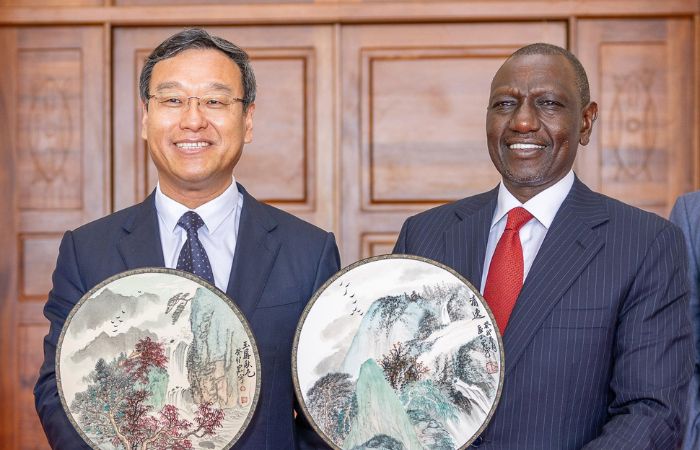

-1683725821.jpg)
